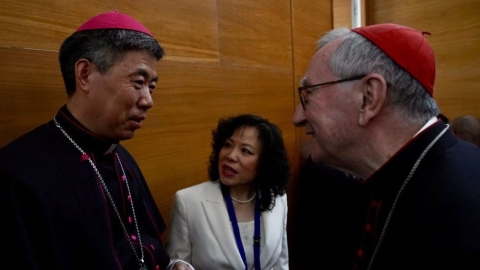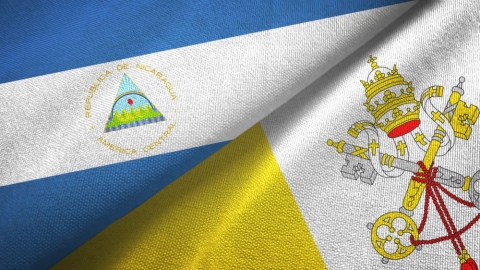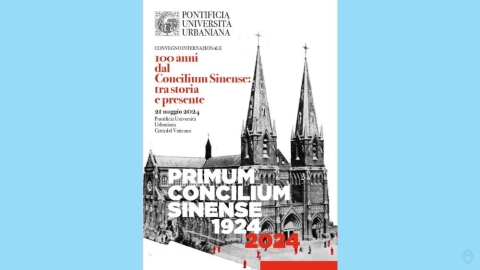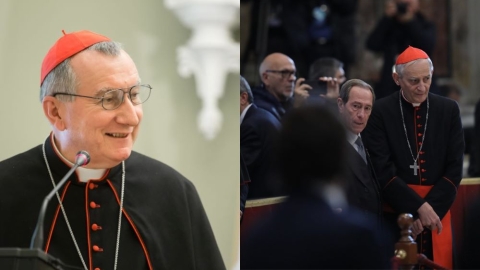Synodal Path: “We are slowly but surely approaching the goal”
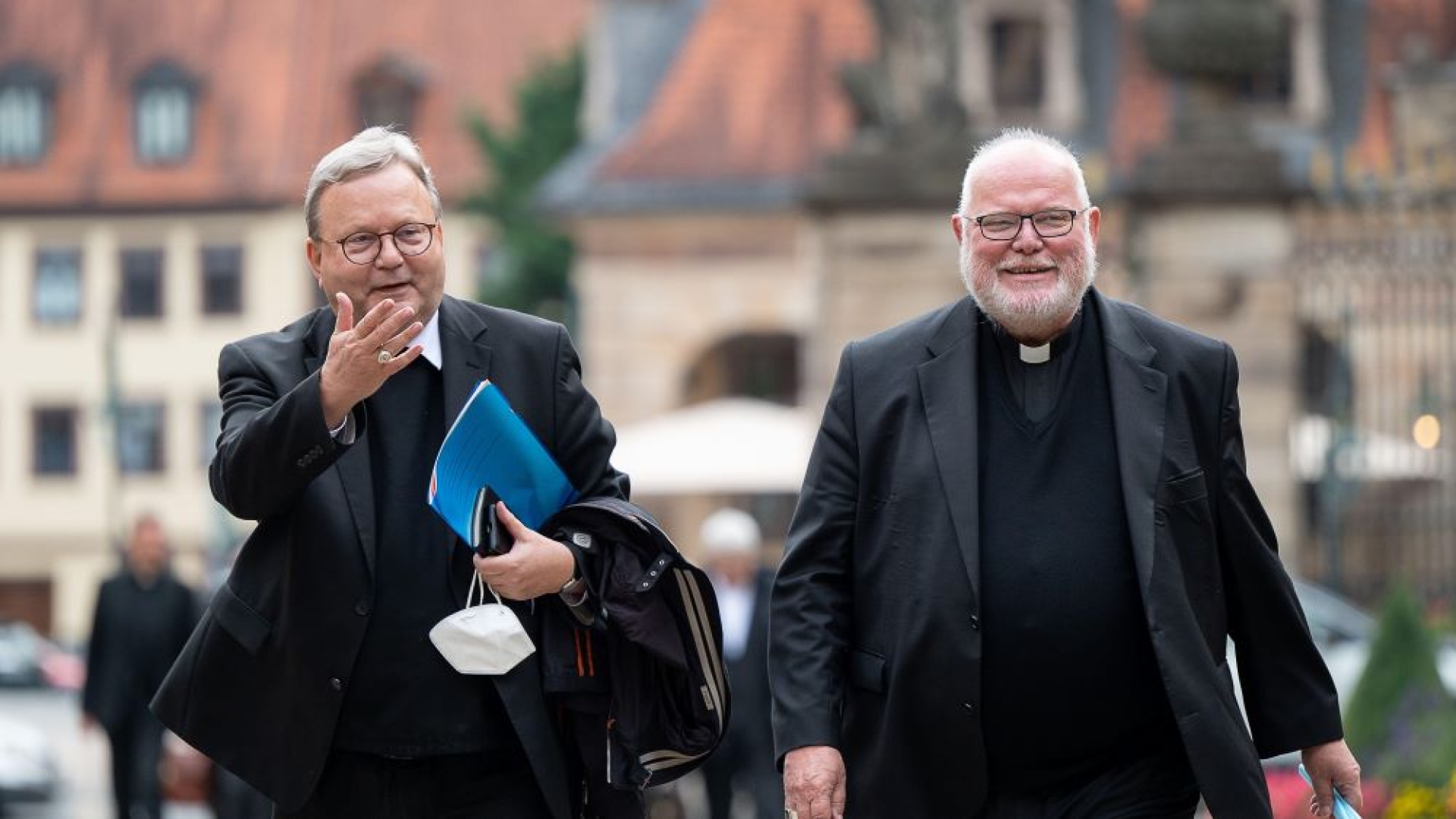
Bishop Franz-Josef Bode and Cardinal Reinhard Marx
Speaking to a Protestant newspaper, the Bishop of Osnabrück, Msgr. Franz-Josef Bode, expressed his confidence that the Synodal Path of the Church of Germany will bring gradual and prudent reforms in the Church, among them, the ordination of women and the ecclesial blessing of same-sex couples.
Bishop Bode, who is vice-president of the German Bishops' Conference, said he hopes, at the next meeting of the Synod Assembly, to raise again the arguments in favor of the ordination of married women and men and the blessing of same-sex couples.
But, he added, if you demand these things with ferocity and vehemence, you only stir up opposing forces. “Besides, that's not my mentality. I am not a revolutionary.” The reader is obliged to take his word for it, while wondering what these words can still mean in the mouth of the prelate. Because, if it's not a revolution he's looking for, what is it?
Bishop Bode believes that it is possible to go further with perseverance: “Like a spiral, we are slowly but surely approaching the goal. The changes that have taken place over the past 50 years prove it.”
However, he says he is very concerned about those who no longer have the patience to see the theological arguments for such a reform unfold. He also talks about people who have left the Church.
Bishop Bode hopes that the blessing of same-sex couples will be possible by the end of the Synodal Path, in the spring of 2023.
In addition, women and lay people should be able to preach more often and to celebrate sacraments such as baptism, and help at weddings.
“I want to involve as many people as possible. We cannot make this decision without the priests and deacons who have provided these services thus far. It is important that priests, deacons, and lay commissioners collaborate well and confidently in the future.”
We understand that Bishop Bode simply meant that he was not for brutal changes: that is what he calls a revolution.
But he is for a revolution, in the strict sense of the term, that is to say a deep and radical change in the doctrine and morals of the Church. In other words, he is not only revolutionary in this sense, he is also a heretic: a heretic who wants to change the Church from within, and who has already lost his faith enough to no longer realize it.
And in Rome, there is nothing more pressing or more urgent than restricting the celebration of the Tridentine rite as much as possible. It must be said that this enterprise is no longer credible, among other reasons, because Rome has left the field open to the instigators of the Synodal Way and that a Bishop Bode can calmly affirm, without being taken back, that soon, what has been declared impossible by the Congregation for the Doctrine of the Faith will be spread in Germany.
Related links
(Sources : katholisch.de/InfoCatolica – FSSPX.Actualités)
Illustration : Alamy banque d’Images

